Click to Skip Ahead
You’ve come to greet your adorable conure good morning, and you spot something unusual at the bottom of their cage. Your birdie seems to have laid a little egg! This might come as quite a surprise to you if you don’t know the sex of your conure or if they are without a compatible mate.
You may not have known, but your female can lay eggs anyway. If this is unexpected, you might be scrambling to find answers so you can handle the situation appropriately. You came to the right place. Let’s discuss all you need to know.

Female Conures & Egg Laying
You might be familiar with chickens laying eggs. That is their sole purpose in most flocks. The same sentiment extends to any bird. Once birds reach the age of sexual maturity, they start to produce eggs on a schedule throughout their lifetime.
Just like any other creature, conures will lay eggs regardless of fertilization. That means if your conure lives alone, they have just as much capability for egg-laying as a mated pair—especially if the conditions are right.
The difference is simple. A mated pair can produce a fertilized egg, whereas a single conure cannot. Also, the frequency depends greatly on the individual birds themselves. Some conures lay several eggs in their lifetime, whereas others might only lay a single clutch of eggs.
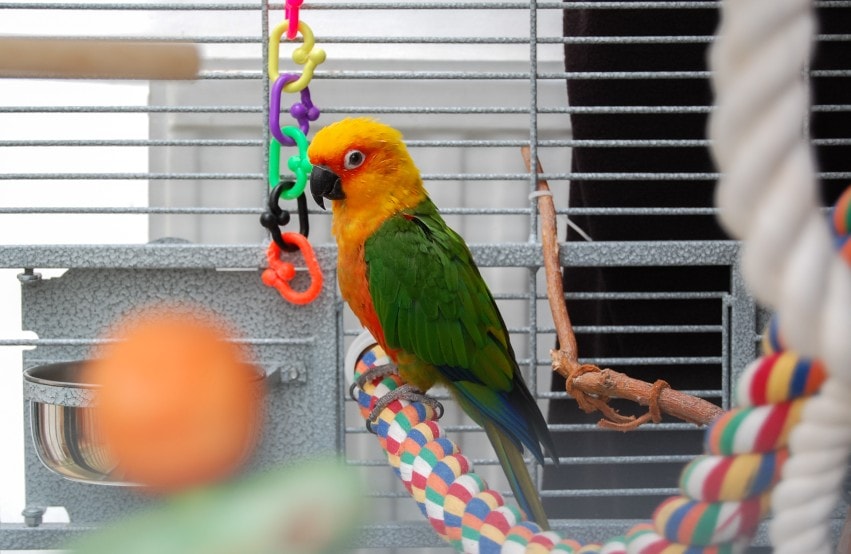
Egg Laying as a Single Conure
If your conure lays an egg as the sole bird in the cage, the egg cannot be fertilized. However, that won’t stop your conure from sitting on the egg if it has a strong maternal instinct. Conures have extraordinary mothering abilities.
Your conure can lay an egg without a mate when they have the right environment and diet. Aratinga conures tend to be prolific layers, and they are more likely to have an egg without a mate.
In addition, other factors play into the likelihood of laying eggs as well.
- When the environment mimics springtime: Most birds, including conures, start mating in the spring. If the conditions around the house feel a lot like spring, your bird’s system could be confused into thinking it’s time to lay.
- Being fed foods rich in fat and protein: In nature, when conures are ready to reproduce, they start foraging for much richer foods with more fat and protein. These two components help the body produce stronger eggs.
- Demonstrating romantic interspecies bonding: Does your bird seem too attached to you? This confusion is common, especially if they are living alone. If your bird develops a loving relationship with you, this could show you that she is suitable for mating.
- Receiving physical affection: You might think you’re giving your conure a really good rubdown. However, if you are scratching under the wings or the chin, overstimulation can mimic what bonded conures do to one another in the wild.
- Being given nesting materials: You might think it’s cute to buy your conure a little nest or even give her materials to make her own. However, by doing this, you’re encouraging her to lay eggs. She’ll think that she’s preparing for a clutch, and her body will send signals accordingly.
Egg Laying With a Conure Pair
If you have two conures living together, the egg could be fertilized.
If there is any chance of fertilization, but you are not trying to breed them, you can boil or freeze the egg to prevent growth. But always place the egg back with the mother as long as she is sitting on it.
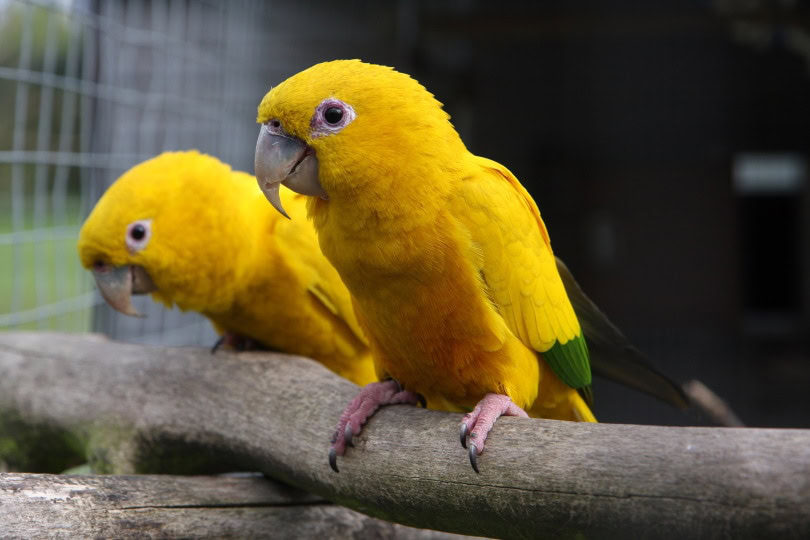
Does This Mean the Conure Pair Is Male and Female?
If one of your conures lays an egg, that doesn’t necessarily mean the other bird is a male. It also does not mean that the egg is necessarily fertilized. Female conures can lay eggs regardless of whether a sexual ritual takes place.
However, it is best to identify the sex of your birds to prevent this from happening in the future. When a veterinarian sexes a bird, they can determine the gender by a singular drop of blood.

Responding to Egg Laying
Before panicking, it’s best to contact your avian veterinarian and let them know what is going on. They will give you the best advice they can regarding your situation. Our advice is in no way intended to be a replacement for veterinarian guidance.
Provided you’ve already contacted your veterinarian, they may have suggested replacing the egg. This is especially true if you are not planning on breeding. You can take the fertilized egg and replace it with a fake egg. Or you can boil the egg and return it to the bird to mimic natural cycles.
If you don’t replace the eggs, the bird might continue producing eggs to replace the ones she lost. Once your bird no longer shows interest in the eggs by either abandoning them or no longer laying on them, you can remove them from the enclosure.
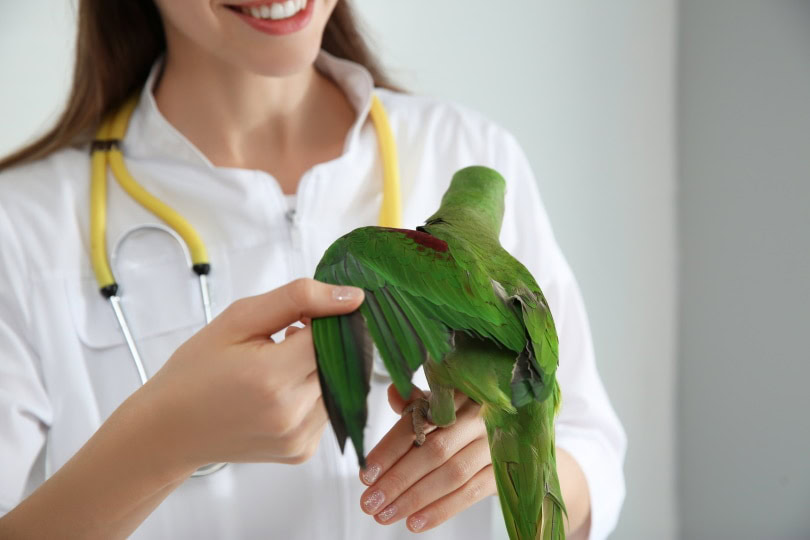

Laying Issues in Conures
Female conures are susceptible to reproductive issues. Once you realize that your conure can lay eggs, you need to learn what to look out for in the future if you run into any issues.
Egg Binding
Egg binding occurs when the egg gets lodged inside your conure, which they cannot expel. Early detection of a bound egg has a higher success rate, but once your bird becomes symptomatic, it can have dire consequences. If you suspect a bound egg, rush your conure to the vet.
Hyperlipidemia
Hyperlipidemia causes an abnormally high amount of lipids in the bloodstream, affecting cholesterol. Your veterinarian can only detect this condition through blood work.
Egg Yolk Peritonitis
Egg yolk peritonitis is a life-threatening condition where the egg yolk enters the abdominal cavity. Early treatment and detection are crucial, so look for abnormal behavior like abdominal or vent swelling.
Egg Laying Prevention
If you have no interest in breeding your conure, there are some measures you can take. However, we want to be clear—this doesn’t necessarily mean it will prevent your conure from laying eggs.
- Put your conure to sleep early (and at the same time) every night
- Keep your bonded birds apart
- Don’t rub your bird under their wings or chin
- Don’t let your bird nest
- Don’t remove laid eggs without replacing them
Hopefully, if you diligently remove the triggers, your bird will cease to lay.
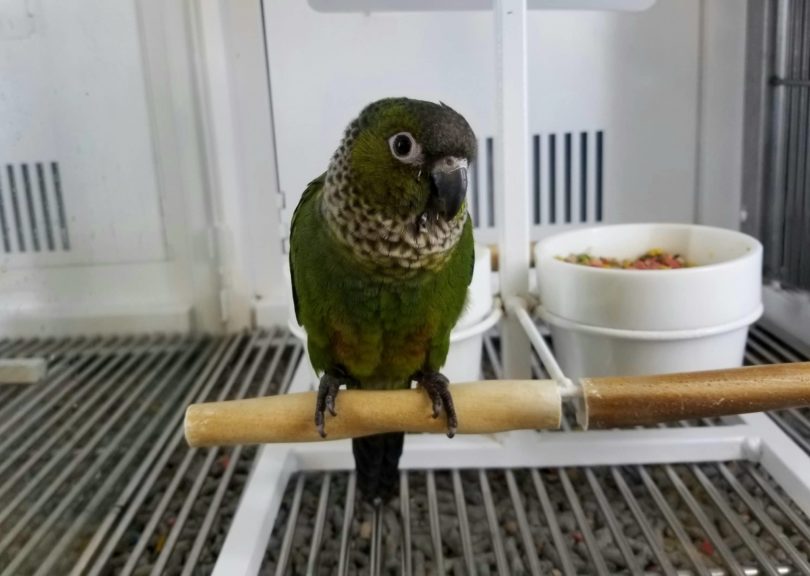

Final Thoughts
If your conure lays an egg, the first thing to do is not panic. It’s not going to be as hard to take care of as you might have thought. As long as your bird shows no signs of distress, it will probably pass the egg successfully with no complications.
However, if you notice anything abnormal or out of the ordinary, contact your avian veterinarian.
- You May Also Like: My Parrot Laid an Egg, Now What?
Featured Image Credit: bluepaints Pixabay
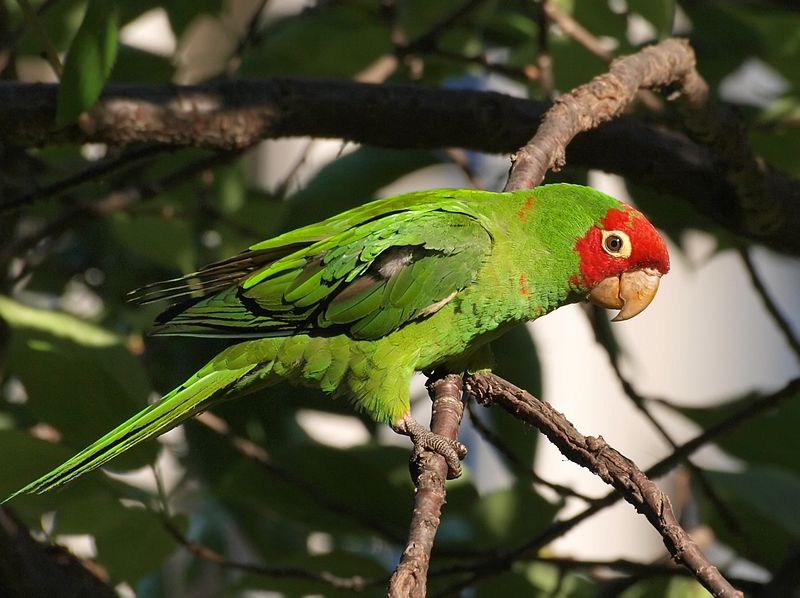





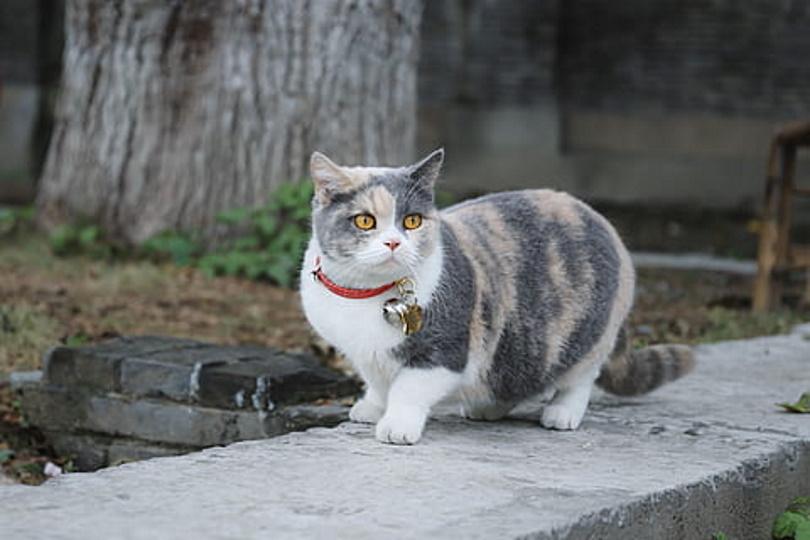
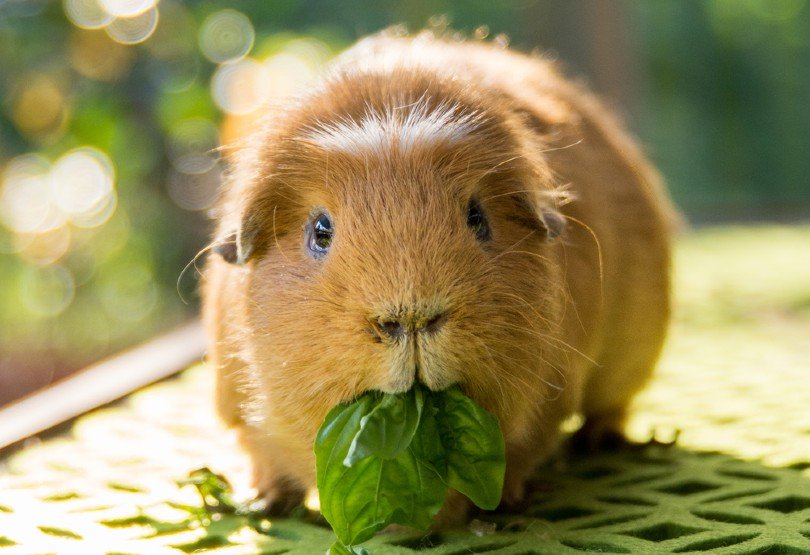
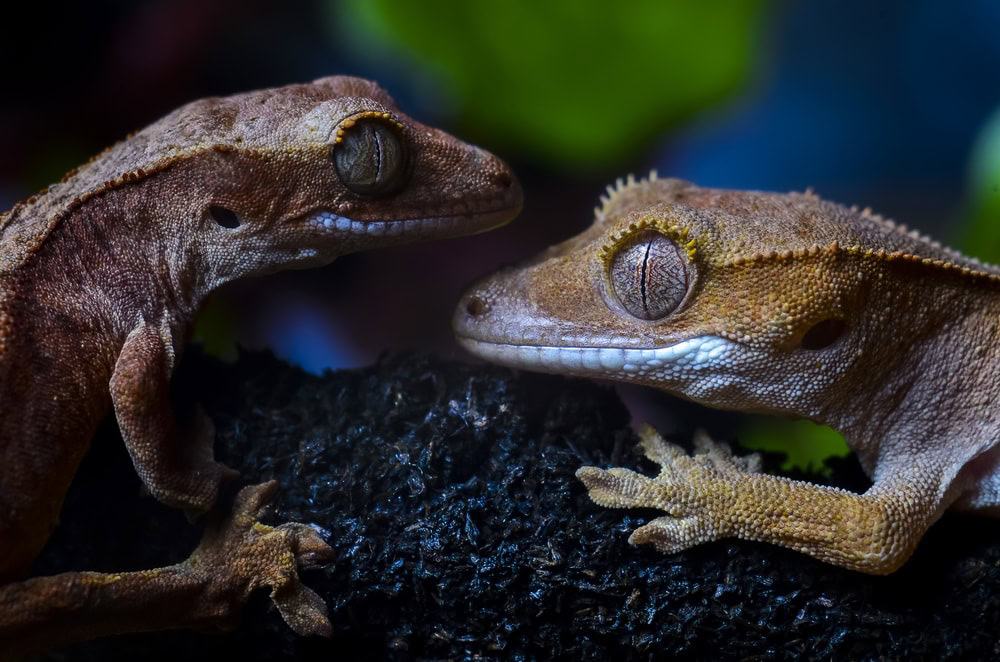


2 Responses
Hello my conure just started laying eggs. I’ve had her since she was born in 2019. Only her and no other conure. Why after almost 5 years did she start laying eggs. Should I be worried.
Hello Genny,
Thank you for your question. First of all, we would like to assure you, that you don’t need to be worried right away. It is not uncommon for female conures to begin laying eggs even after years without doing so, especially if environmental or hormonal conditions change. Your conure’s egg-laying could have been triggered by factors such as seasonal changes, increased daylight hours, the presence of nesting materials, or perceived hormonal stimulation, even in the absence of a mate.
Egg-laying itself is not inherently dangerous, but there are potential risks, such as calcium depletion, egg binding (difficulty passing an egg), or chronic egg-laying, which can affect her health. It’s essential to ensure she has a diet rich in calcium and nutrients to support her reproductive health. Avoid behaviors that may encourage breeding instincts, such as stroking her back, (this is a common trigger that many pet parents are not aware of) or providing materials she could perceive as a nest.
If she continues laying frequently or shows signs like lethargy, straining, or a lack of appetite, consult an avian veterinarian promptly to rule out complications. Monitoring her closely and providing proper care can help ensure she stays healthy during this time.